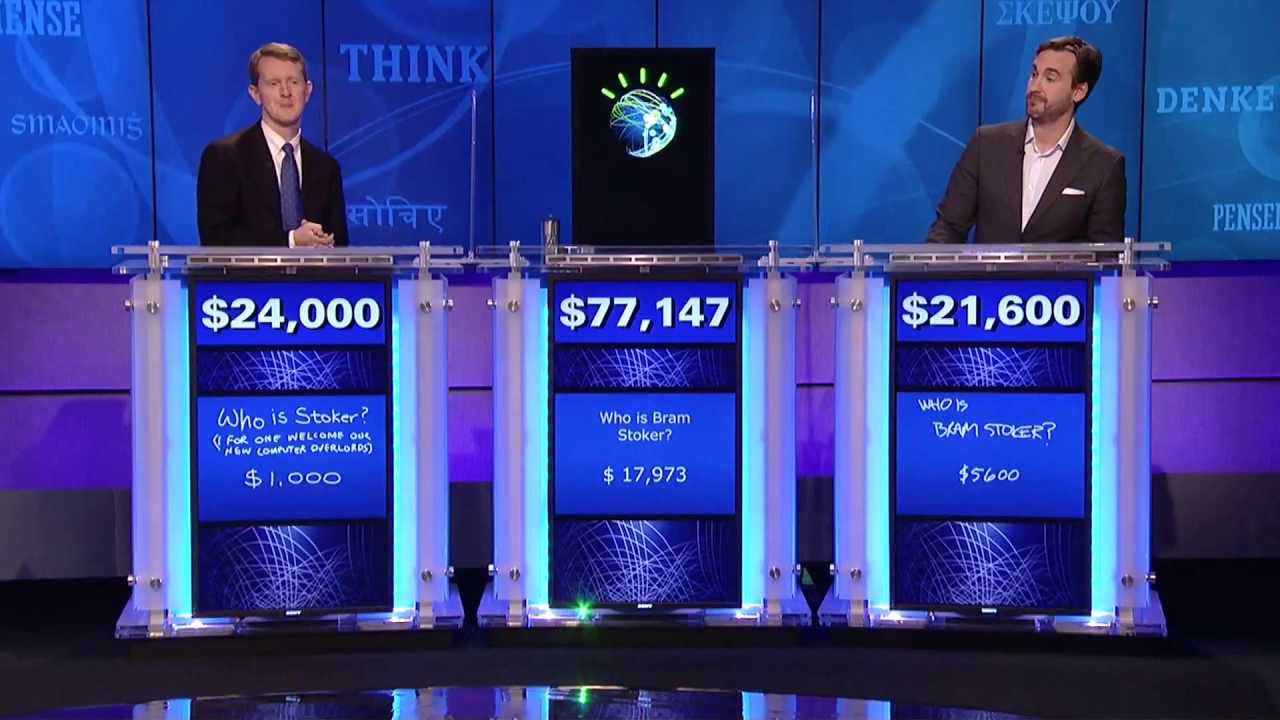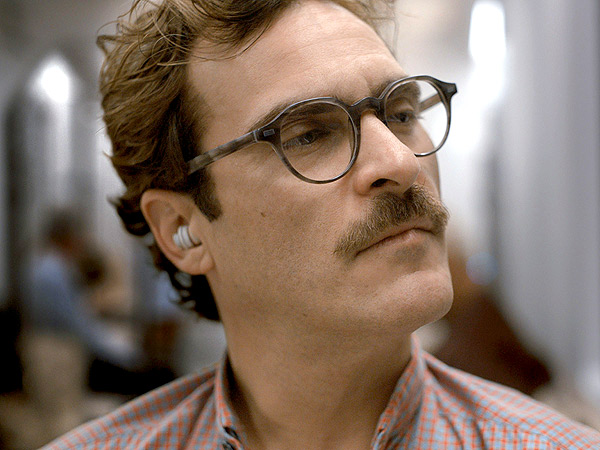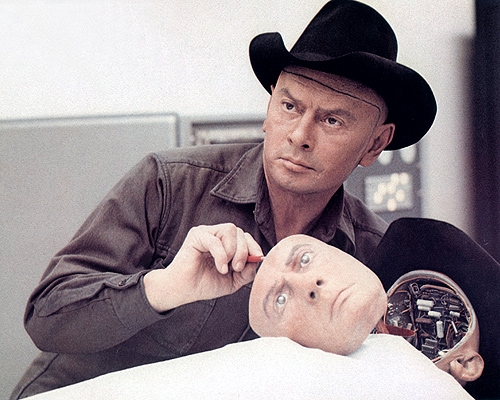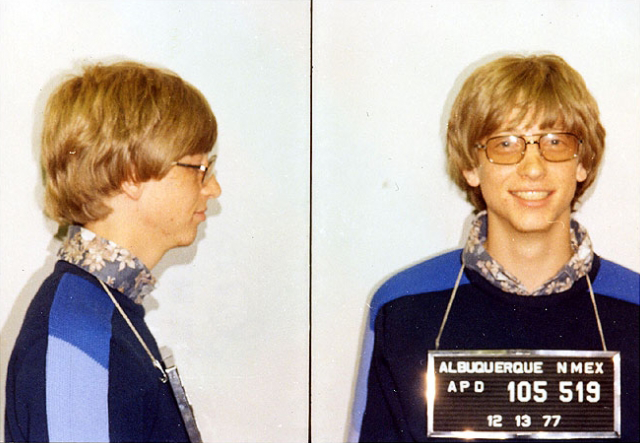John McAfee, who’s never been charged for murder, is a Philip K. Dick character of his own making, speeded-up and paranoid. The erstwhile anti-virus emperor says he’s returning to the field of security software but who the fuck knows. McAfee’s apparently found financial backing, but he seems better suited to manning a gunboat in the proximity of a banana republic. From Richard Waters in the Financial Times:
John McAfee, the controversial former software boss, has made a move to win back a leading role in the security software industry that he helped to pioneer, taking the helm of a tiny public investment vehicle and declaring his aim of turning it into “a successful and major force in the space”.
Mr McAfee, creator of the widely used antivirus software that bears his name, sold his first company to Intel for $7.6bn six years ago, in one of the biggest software transactions ever. But he made international headlines four years ago when he went on the run after becoming the focus of a manhunt in Belize following the murder of his neighbour there. He fled over the border into Guatemala, before being deported back to the US at his request. He was never arrested or charged in the murder.
Mr McAfee’s erratic behaviour and claims that he was afraid for his safety if he was arrested by the local police prompted the Belize prime minister to suggest he was “bonkers.” He has since maintained an outspoken public stance on tech policy issues, including putting himself forward as an independent candidate in this year’s US presidential elections and denouncing the FBI’s attempt to force Apple to grant access to one of its iPhones this year as “the beginning of the end of the US as a world power.”•









